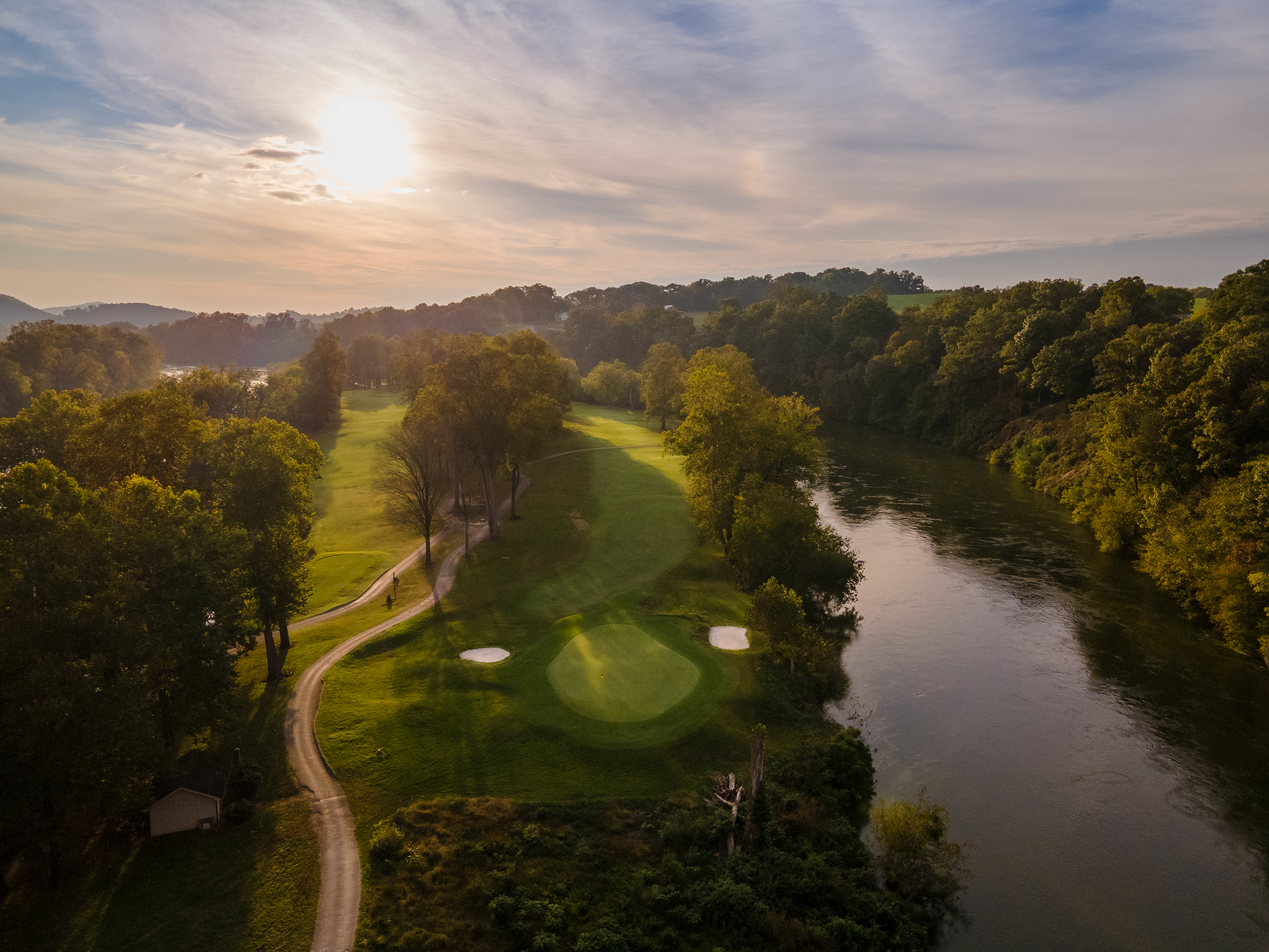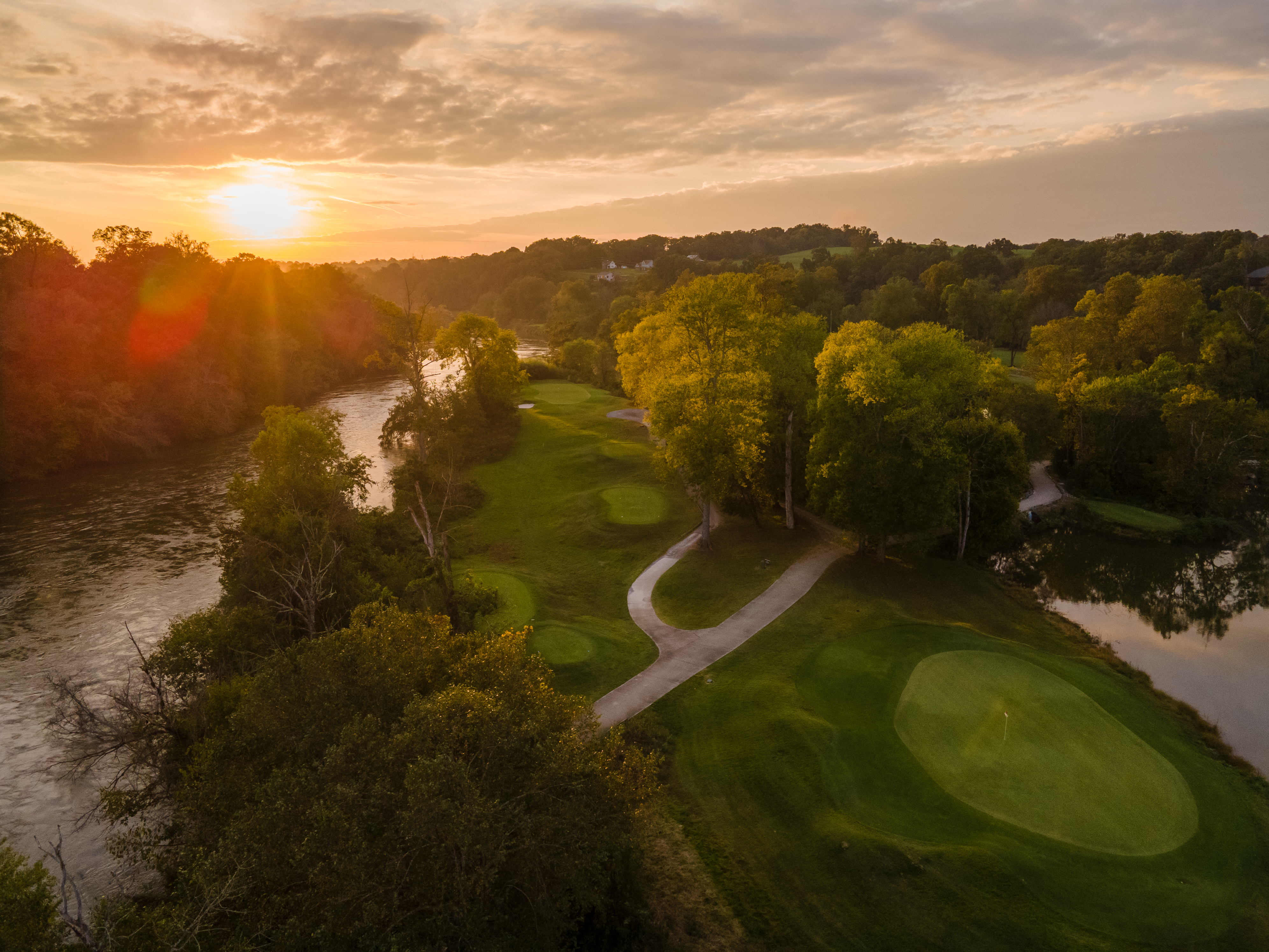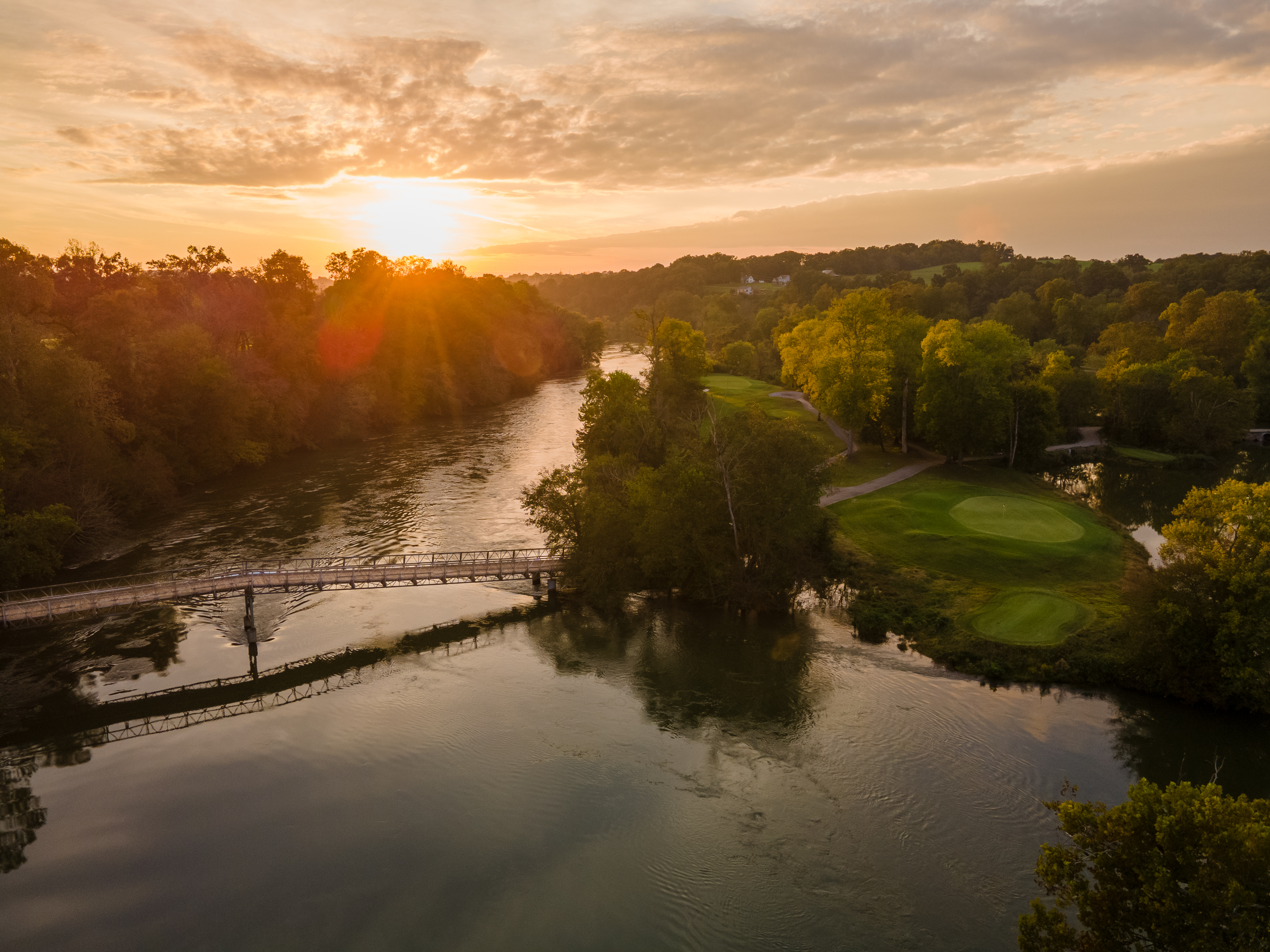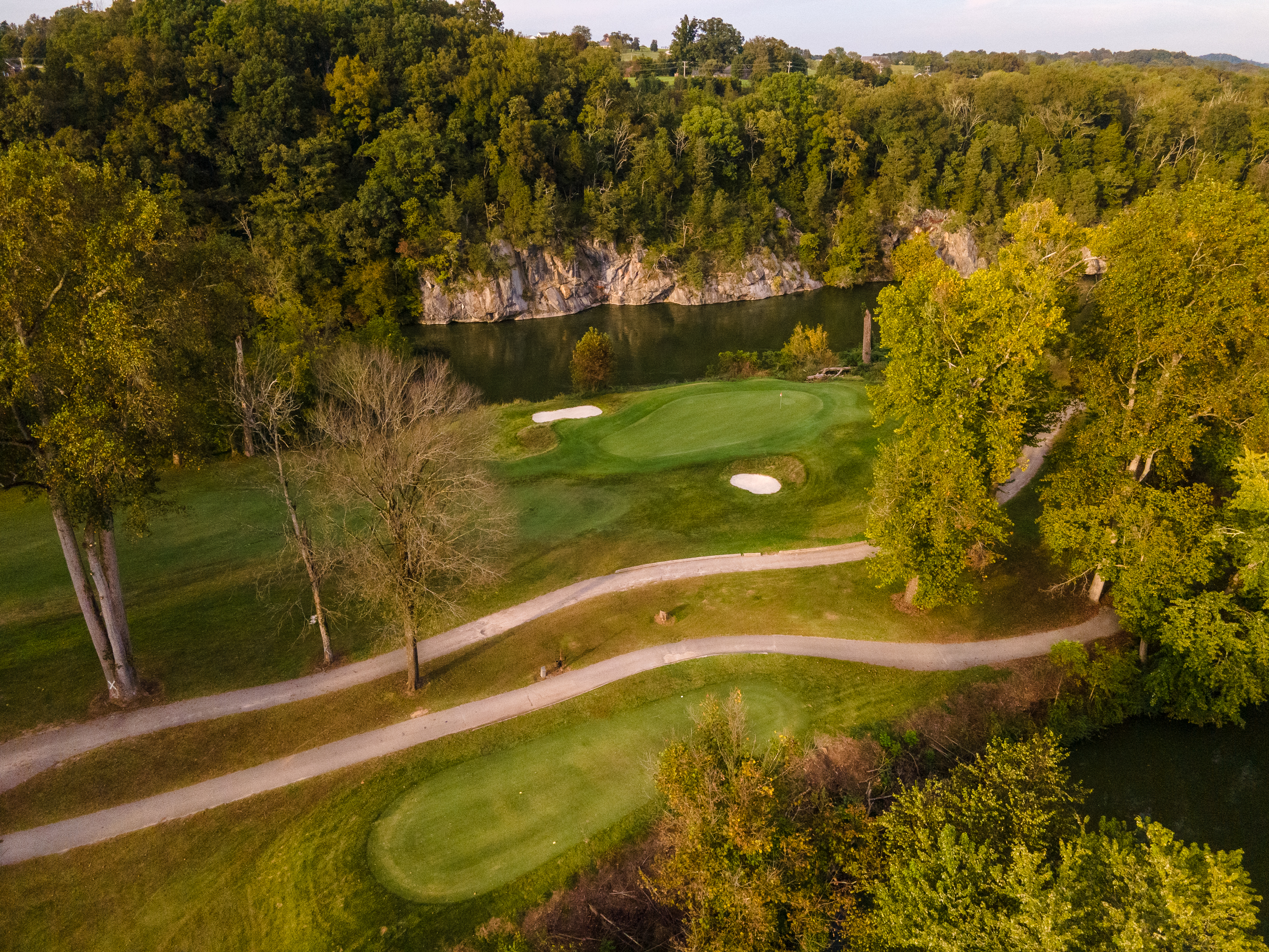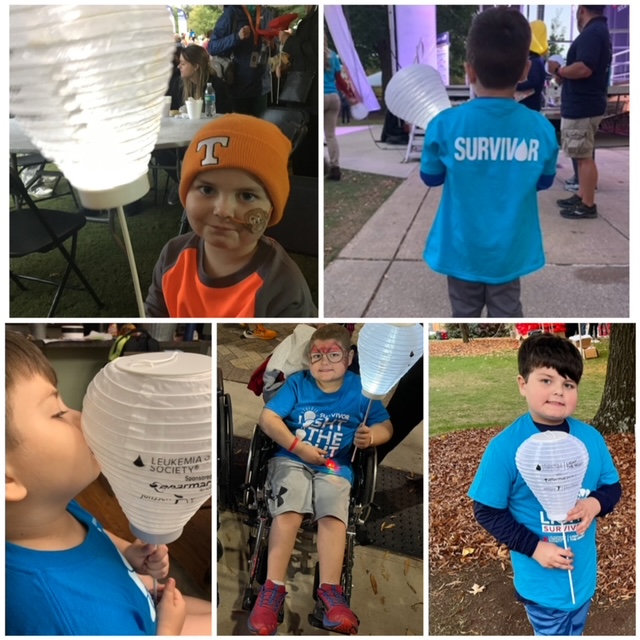
Noah Sileno was diagnosed with High Risk B cell Acute Lymphoblastic Leukemia (ALL) when he was three years old. Noah had a port place, received his first blood and platelets transfusions, and began chemo immediately. Within three hours of his receiving his first chemo, complications began to arise.
Noah’s journey was difficult from the beginning. He lost 15% of his body weight while on steroids and needed a feeding tube for three and a half months. He also developed severe neuropathy in which he was bedridden and could only move his eyes. He was unable to walk for two and a half months and required physical therapy five days a week plus occapational therapy three days a week. From hypertension to tachycardia, to a pericardial effusion, and a staph infection in which his port was removed, and a PICC line was placed, everything was spiraling out of control. Noah even reacted to the plasma in the platelets which caused him to be admitted to PICU. At one point, he was the sickest child on the oncology floor. Every day was a new crisis.
Noah was in active treatment for 830 days. With a total of 73 nights spent at East Tennessee Children’s Hospital, 13 blood and platelets transfusions and one plasma infusion, four new ports, and multiple dangerous reactions to several chemos, Noah got in remission and finished chemo on 11/1/2021.
For 11 months, Noah was doing, well; however, Noah relapsed when he was six years old and was placed on a Phase 2 Clinical Trial. Once again, Noah lost the ability to walk and was in a wheelchair. He was back in treatment for two years and was on chemo, steroids, and immunotherapy. We spent another 70 nights at ETCH during this time and received over 30 blood and platelets transfusions between both cancers and also 30 plasma infusions. Thankfully, Noah is in remission once again and doing great. We still go to ETCH once a month for plasma infusions and to see multiple specialists.
Childhood cancer only receives 4% of funding from the National Institute of Health. We have to do better by our kids. One in 200 kids will be diagnosed with cancer. We need safer treatments so that kids can get a chance to grow up. Childhood cancer should be a national priority.
